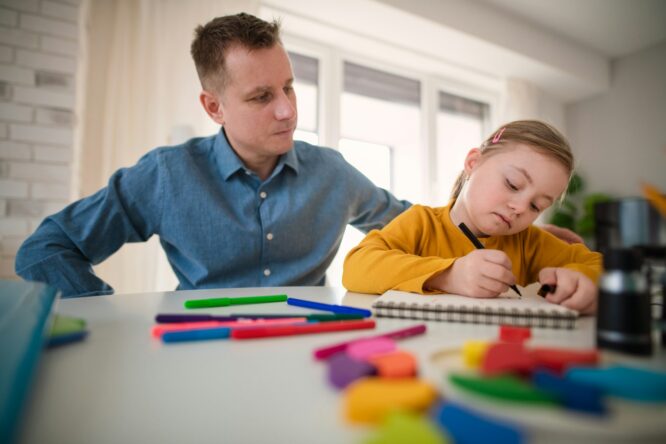Every generation experiments with parenting, thinking they must be able to do something different (and better!) than previous generations.

Some ideas evolve into lifelong tools. Others, however, fizzle out once people realise they’re more about image, fear, or fleeting trends than actual child development. Today’s parents are under more pressure than ever to “do it right,” but sometimes, the most popular approaches aren’t built to last. Here are 13 parenting fads that may seem modern or progressive now—but probably won’t hold up as well as expected once the dust settles and reality kicks in.
1. Over-curating childhood experiences
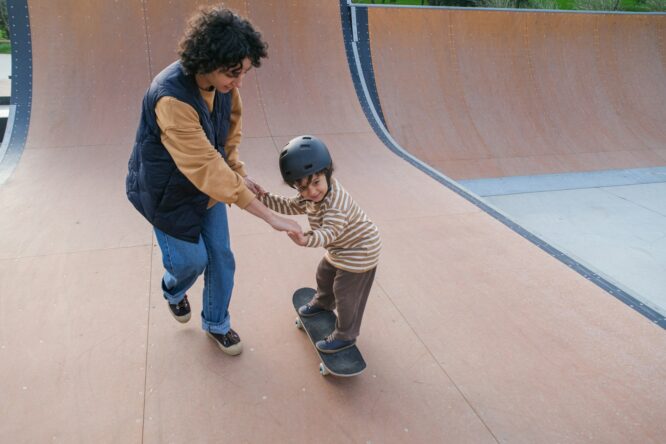
Modern parenting sometimes looks more like event planning. Colour-coded holidays, seasonal crafts, curated memory books—everything is a moment to be documented and designed. But many of these efforts are less about the child’s actual joy and more about maintaining a certain aesthetic.
It’s not that intention is wrong; it’s just that constant curation can create burnout, especially when kids honestly don’t care if their pancakes look like woodland creatures. Real memories are made in the in-between. And eventually, most parents realise presence matters more than polish.
2. Tracking every milestone digitally

Apps now offer to track everything from your baby’s diaper output to your toddler’s social development. It can feel reassuring at first, but this hyper-documentation can pull parents out of the moment and into constant analysis.
In time, many realise they’ve spent more effort logging milestones than actually enjoying them. When it becomes about data instead of connection, the parenting experience can start to feel clinical. This trend will likely calm as people reclaim the right to parent intuitively.
3. Misusing “gentle parenting” as an excuse to avoid hard calls

Gentle parenting, when done right, creates emotionally safe, respectful relationships between parents and children. But when taken to extremes, it can slip into avoidance—no rules, no consequences, and no clear boundaries.
Children do thrive in warmth, but they also need structure to feel safe. The most effective parenting balances compassion with guidance. As this trend matures, more families will likely lean toward that middle ground—not endless softness, but intentional structure.
4. Turning parenting into subtle competition
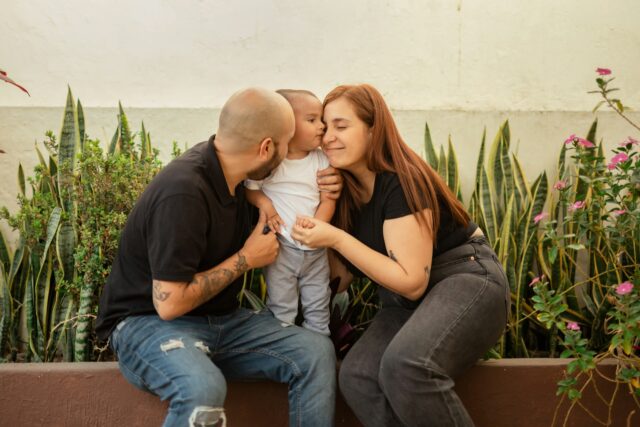 Source: Unsplash
Source: Unsplash Whether it’s who gets the most steps in before school drop-off or whose toddler is reading chapter books at four, parenting can easily become a silent sport. However, competition only adds pressure—it doesn’t make people better parents.
Eventually, most people tire of measuring their family’s worth against filtered online snapshots. When the scoreboard disappears, real connection tends to rise in its place. This pressure-driven approach likely won’t last, as people burn out on trying to win a game no one admits they’re playing.
5. Going totally tech-free to prove a point

There’s a growing pride around eliminating screens from childhood completely—no phones, no shows, not even educational apps. While it’s well-meaning, it can start to feel more about identity than practicality. As kids get older and technology becomes part of daily life, total restriction becomes harder to enforce and less effective. Teaching kids balance, boundaries, and digital literacy will likely replace total avoidance as the more sustainable model.
6. Narrating your child’s every move
 Source: Unsplash
Source: Unsplash There’s been a surge in parents constantly speaking aloud during play or everyday routines—“You’re putting the block on the tower! That’s a big jump!” The goal is language development, but constant commentary can be overwhelming for kids and exhausting for parents.
Kids need silence and space too. Observing without constantly narrating helps them develop their own internal voice and learn how to reflect without outside direction. This trend will probably settle into a more balanced rhythm that includes both talk and quiet.
7. Making parenting part of your personal brand

Some parents turn their household into content—sharing routines, choices, and even discipline strategies with a curated following. While it can build community, it also creates pressure to perform parenting rather than just live it. As children age and ask for privacy, and as more people speak out about the downsides of oversharing, this trend may lose momentum. Parenting doesn’t need to be constantly documented to be meaningful—or valid.
8. Micromanaging every detail of a child’s life
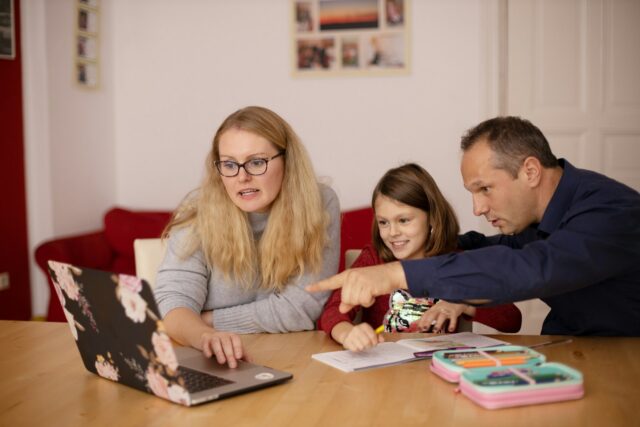 Source: Unsplash
Source: Unsplash From meticulously timed naps to constant food supervision, some parenting styles monitor every tiny detail. While structure can be comforting, it often turns into control disguised as care.
Children who grow up overly managed can struggle with independence and decision-making. More parents are starting to see the benefits of flexibility, letting go, and trusting their children’s developing instincts. Over-control rarely leads to confidence, which is why this trend may eventually give way to a more trusting approach.
9. Treating your child like your emotional equal

There’s a rising pattern of parents forming emotionally intense bonds with their children and calling them “my best friend.” While closeness is important, kids shouldn’t have to carry the emotional weight of an adult relationship.
It’s too much responsibility for a developing brain. And as kids grow, they often push back against the pressure to be everything to a parent. Eventually, more families will learn to prioritise healthy interdependence—connection, yes, but with boundaries intact.
10. Refusing to say “no” directly
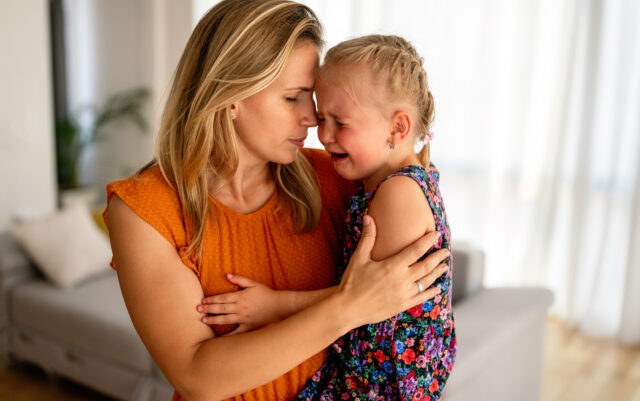
Some parenting advice encourages endless redirection instead of firm limits. The idea is that avoiding negativity reduces conflict, but in reality, children need clear, consistent boundaries to feel secure and understood. Replacing “no” with long-winded alternatives can create confusion. It’s okay to be warm and clear at the same time. In the long run, respectful firmness is more sustainable than endlessly cushioning reality.
11. Keeping kids booked from sunrise to bedtime

Some parents sign up for everything—language classes, art clubs, toddler yoga. The goal is to expose children to everything early, but the result is often exhaustion—for both child and parent. Kids need unscheduled time to be bored, creative, or just rest. Overloading childhood steals those natural rhythms. As more families realise that “enrichment” isn’t the same as development, the obsession with full calendars may fade.
12. Avoiding all forms of discipline
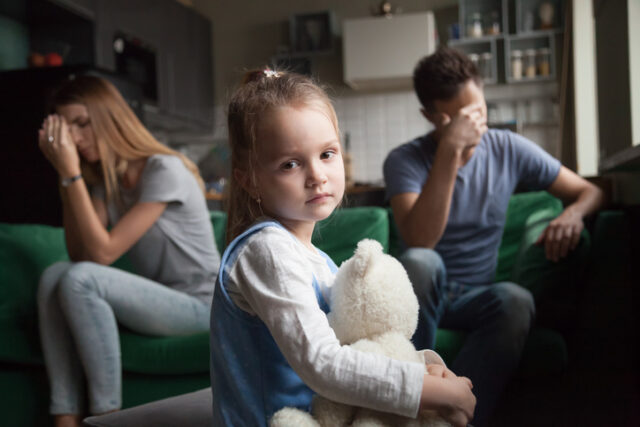
Discipline has become a loaded word, often confused with punishment. Some parents swing to the opposite extreme, avoiding any firm correction for fear of damaging their child’s self-esteem. However, guidance doesn’t have to be harsh to be effective. Kids thrive on knowing what’s okay and what’s not. The next wave of parenting will likely reclaim the concept of discipline as something that teaches, not just corrects.
13. Building an identity around parenting perfection

There’s an unspoken pressure to be the “conscious parent,” the “gentle parent,” or the “eco-parent”—complete with matching lifestyle. But building an identity around being a perfect parent can be suffocating, especially when life throws curveballs. Eventually, most parents realise they don’t need to be a brand. They just need to be present, honest, and willing to course-correct. The perfection will fade, but connection will stay. That’s the part that lasts.


